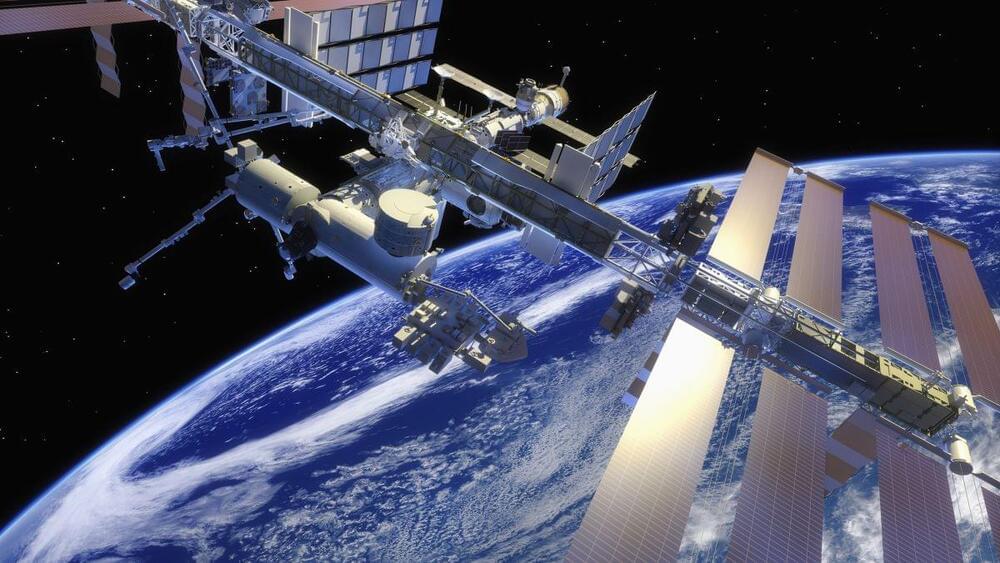In the wee morning hours of Tuesday (Nov. 16), the seven-person crew of the International Space Station (ISS) awoke in alarm. A Russian missile test had just blasted a decommissioned Kosmos spy satellite into more than 1,500 pieces of space debris — some of which were close enough to the ISS to warrant emergency collision preparations.
The four Americans, one German and two Russian cosmonauts aboard the station were told to shelter in the transport capsules that brought them to the ISS, while the station passed by the debris cloud several times over the following hours, according to NASA.
Ultimately, Tuesday ended without any reported damage or injury aboard the ISS, but the crew’s precautions — and the NASA administrator’s stern response to Russia — were far from an overreaction. Space debris like the kind created in the Kosmos break-up can travel at more than 17,500 mph (28,000 km/h), NASA says — and even a scrap of metal the size of a pea can become a potentially deadly missile in low-Earth orbit. (For comparison, a typical bullet discharged from an AR-15 rifle travels at just over 2,200 mph, or 3,500 km/h).
A Russian missile test blasted a Kosmos spy satellite into more than 1,500 pieces of space debris.










Comments are closed.